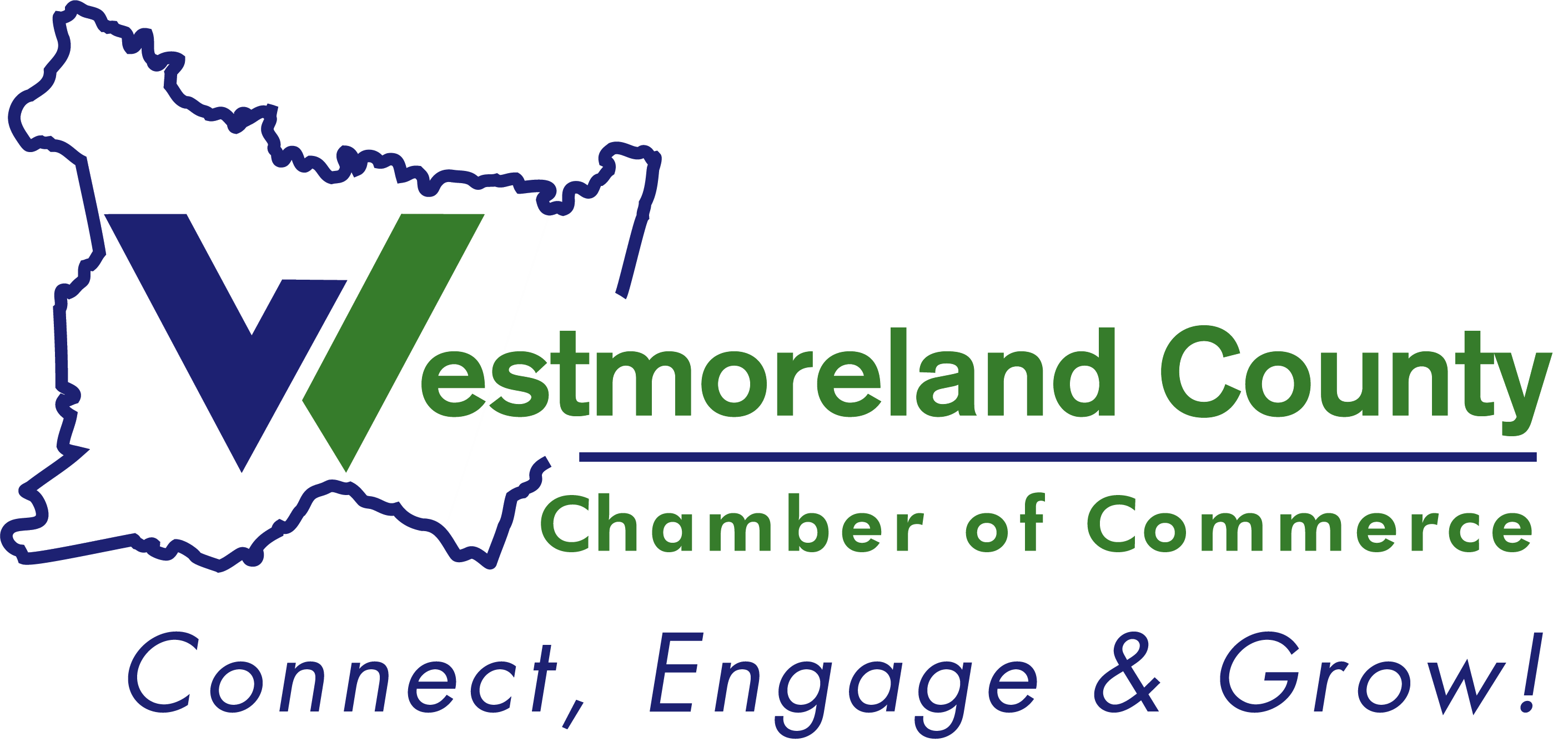
July 10, 2024
lindsay@westmorelandchamber.com
Employee satisfaction directly correlates with productivity, morale, and overall workplace harmony. Recognizing and appreciating employees' efforts can significantly boost their job satisfaction. Read on to learn more about increasing workplace satisfaction through effective employee recognition programs and practical tips on implementing them.
What Are Employee Recognition Programs?
Employee recognition programs are formal or informal initiatives designed to acknowledge and reward employees for their hard work and dedication. These programs can include a variety of components such as awards, bonuses, thank you notes, and public recognition. The primary aim is to create a motivational environment that fosters a sense of accomplishment and belonging.
Benefits of Employee Recognition Programs
Implementing a well-thought-out recognition program can have profound benefits. Firstly, it boosts employee morale by making individuals feel valued and appreciated. Enhanced job satisfaction naturally follows, as employees are more likely to take pride in their work. Recognition also plays a critical role in reducing turnover rates, as employees who feel acknowledged are less likely to seek opportunities elsewhere. Recent studies reveal that employees feel over 40% more engaged when their managers are good at giving recognition compared to those with less skilled managers. Also, these employees show higher confidence, better memory retention, more willingness to commit, and are less likely to quit their jobs. Additionally, a positive recognition culture can improve overall productivity and performance, as motivated employees tend to be more focused and committed to their tasks.
Implementing a Robust Recognition System
Developing an effective recognition program involves several key steps. Organizations should begin by defining the goals of the program and determining the types of recognition that will be most impactful. Essential elements to include are awards, bonuses, and thank you notes, tailored to fit the company's culture. Ensuring consistency and fairness is crucial; all employees should have equal opportunities to be recognized, and the criteria for recognition should be transparent. Some companies specialize in all-in-one recognition platforms. People Managing People, a human resources firm, shared these 30 platforms to celebrate employee accomplishments and foster a culture of acknowledgement in the workplace.
Examples of Effective Recognition Programs
Several companies stand out for their exceptional recognition programs. For instance, Google’s peer-to-peer recognition system allows employees to thank each other publicly for exceptional work, fostering a culture of mutual appreciation and an opportunity for cash bonuses. Smaller businesses can also implement effective programs; for example, a small tech startup might use monthly awards and team outings to recognize and reward outstanding efforts.
Regular Acknowledgment and Its Impact
Never underestimate the impact of expressing gratitude with a simple "thank you." This small gesture can have a powerful effect, fostering a positive atmosphere, strengthening relationships, and acknowledging the efforts and contributions of others. Regular acknowledgment, even through informal channels, creates a culture of appreciation that permeates the workplace. This culture not only boosts morale but also encourages employees to maintain high performance levels, knowing their efforts will not go unnoticed.
Challenges and Solutions
Implementing recognition programs is not without challenges. Common pitfalls include a lack of consistency, perceived unfairness, and insufficient funding. To overcome these challenges, organizations should set clear guidelines, maintain transparent communication, and seek cost-effective solutions such as non-monetary recognition. It's important to reward more than just performance. Recognize efforts, process improvements, value demonstrations, and innovations, not just outcomes.
The Takeaway
Recognizing employees is key to improving workplace happiness. Investing in a system that boosts morale, makes jobs more satisfying, and creates a better work atmosphere changes the company culture for the better. When companies acknowledge their employees' hard work, they often see not just more productivity but also greater success overall.
